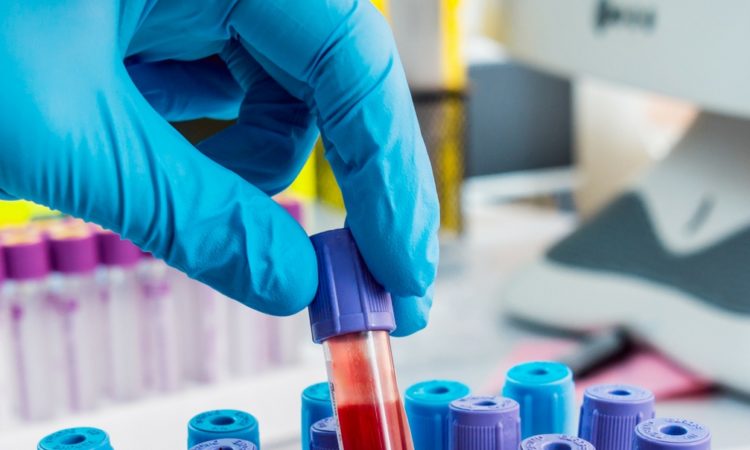As your pet ages, it’s important they have regular veterinary exams to track their changes and ensure they are in good health. Most illnesses don’t develop overnight, which means that with routine testing, we can get ahead of them.
How often should my pet have a veterinary exam?
The number of veterinary exams your loyal companion should have is determined by their age and health status. Your pet is particularly vulnerable to certain health conditions at certain ages, so they’ll need more monitoring. Puppies and kittens need three veterinary exams each year, and senior pets need biannual veterinary exams. If your pet has a medical condition, your veterinarian will recommend more exams throughout the year.
What does a veterinary exam include?
Your pet’s veterinary exam is similar to a doctor’s checkup; all aspects of their health will be examined. This visit is a chance for pet owners and veterinarians to learn more about the patient’s health. Your pet’s behaviours and lifestyle will be discussed during this visit. The exam will include the following:
- A physical examination of their entire body. We check your pet’s fur/coat, nails, eyesight, and hearing. We listen to their heartbeat and breathing and check how responsive/alert they are. Our veterinarian does this check to identify any abnormalities indicative of a health issue.
- Diagnostic testing (Only if the vet notices concerning symptoms. Otherwise, diagnostic exams are not performed during regular veterinary exams.) Physical exams can’t tell our team what’s happening inside their body, so we use blood tests, X-rays, and ultrasounds to better understand their health.
- We assess your pet’s diet and weight.
- Establishing a routine for preventative medicine. We discuss your pet’s vaccinations, dental health, and parasite control/prevention.






